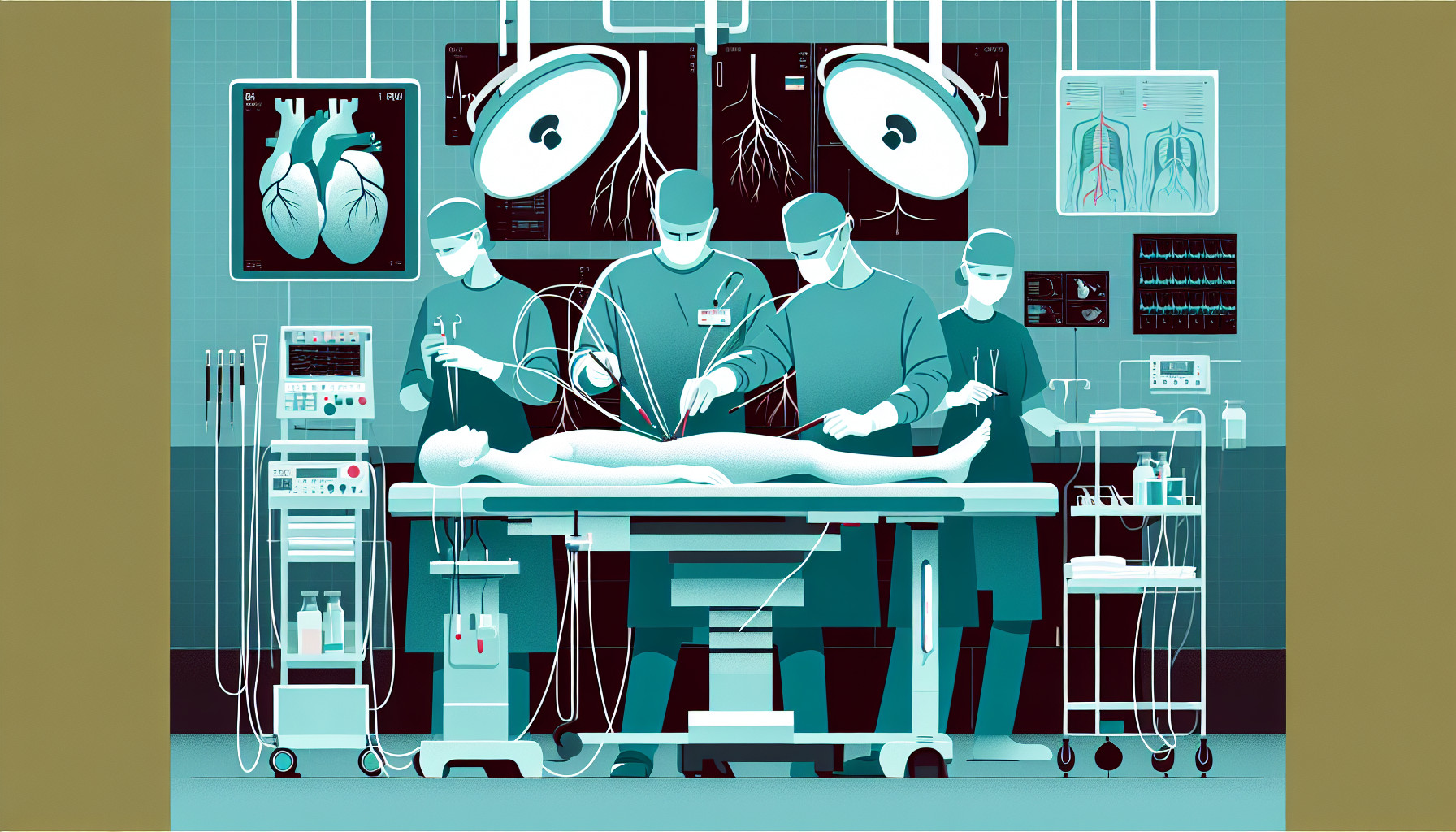Our Summary
Angiogenesis, or the creation of new blood vessels, is a major characteristic of cancer. This process is crucial for the growth and development of tumors. Certain drugs that inhibit angiogenesis, especially those that target a specific pathway (vascular endothelial growth factor or VEGF), have proven to be useful in cancer treatment. However, it has been observed that the positive effects of these drugs on patients are often temporary. This is because tumors can adapt and find ways to continue growing even when the formation of new blood vessels is restricted.
The summary of the research paper discusses two ways in which tumors can get around angiogenesis-inhibiting therapies. First, they can change the behavior of certain cells within the tumor itself to allow for the creation of new blood vessels without the need for VEGF. Second, they can adapt the metabolism of the cells within the tumor and the blood vessels to survive in low-oxygen conditions. This adaptation allows them to grow even when new blood vessels are not being formed.
FAQs
- What is angiogenesis and how does it relate to cancer?
- What are the therapeutic effects of angiogenesis inhibitors, particularly those targeting the VEGF signaling pathways?
- Can you explain the bypass mechanisms tumors use to adapt to therapy-induced low-oxygen tension?
Doctor’s Tip
A doctor might advise a patient undergoing vascular bypass surgery to follow a healthy lifestyle to promote successful healing and reduce the risk of complications. This may include maintaining a balanced diet, exercising regularly, quitting smoking, and managing any underlying health conditions such as diabetes or high blood pressure. It is important for patients to follow their doctor’s instructions carefully and attend follow-up appointments to monitor their progress and ensure optimal outcomes.
Suitable For
Patients with peripheral artery disease (PAD), atherosclerosis, or other vascular disorders that result in narrowed or blocked blood vessels may be recommended for vascular bypass surgery. This procedure is typically considered for patients who have severe symptoms such as pain or difficulty walking due to limited blood flow to the affected limbs. Additionally, patients who are at risk for complications such as tissue damage, ulcers, or gangrene may also be candidates for vascular bypass surgery. Ultimately, the decision to recommend vascular bypass surgery is based on a thorough evaluation of the patient’s medical history, symptoms, and overall health status.
Timeline
Before vascular bypass:
- Patient presents with symptoms of decreased blood flow to a certain part of the body, such as leg pain or numbness.
- Diagnostic tests, such as ultrasound or angiography, are performed to determine the extent of blockage in the blood vessels.
- Treatment options are discussed, including vascular bypass surgery to reroute blood flow around the blocked or narrowed artery.
- Preoperative preparations are made, including medical evaluations and discussions about potential risks and benefits of the procedure.
After vascular bypass:
- Vascular bypass surgery is performed, either using a synthetic graft or a vein from another part of the body to create a new pathway for blood flow.
- Recovery period follows, during which the patient may experience pain, swelling, and limited mobility.
- Follow-up appointments are scheduled to monitor the success of the surgery and check for any complications.
- Over time, the patient should experience improved blood flow to the affected area, leading to relief of symptoms and improved function.
- Rehabilitation and lifestyle changes may be recommended to optimize the long-term success of the bypass surgery.
What to Ask Your Doctor
- What is the goal of the vascular bypass procedure in my specific case?
- What are the risks and potential complications associated with vascular bypass surgery?
- How long is the recovery period after vascular bypass surgery?
- What kind of follow-up care will be necessary after the procedure?
- Are there any alternative treatment options to vascular bypass that I should consider?
- Will I need to make any lifestyle changes or take medication after the procedure?
- How successful is vascular bypass surgery in treating my condition?
- What is the long-term prognosis for patients who undergo vascular bypass surgery?
- Are there any specific factors that may affect the success of the vascular bypass procedure in my case?
- How experienced is the surgical team performing the vascular bypass surgery?
Reference
Authors: Allen E, Missiaen R, Bergers G. Journal: Cold Spring Harb Symp Quant Biol. 2016;81:21-29. doi: 10.1101/sqb.2016.81.030940. Epub 2017 Apr 10. PMID: 28396525
